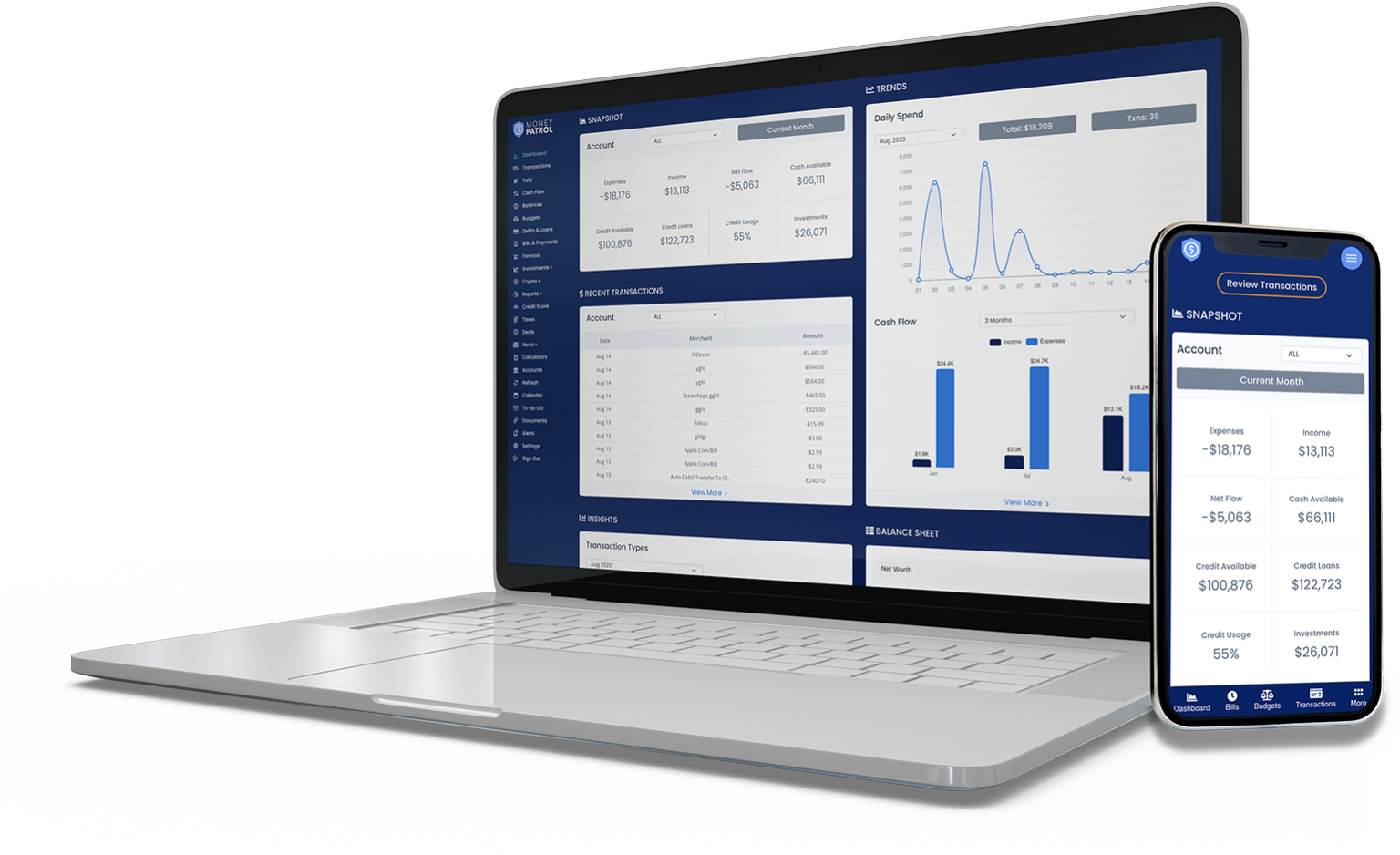Personal finance is a word that encompasses the concepts of budgeting, saving, and investing. Personal finance is the whole industry that provides financial services and care to individuals and consults them on economic and investment options.
- Banking, budgeting, mortgages, investments, insurance, retirement planning, and tax preparation are all included.
Once you’ve recognized what’s important to you, you must determine what is achievable in the long, mid, and term short. You must set a clear financial goal, like what you want to achieve, how long it will take, and your steps to complete it.
- To achieve it, you should develop a tight budget and a SMART (Specific, Measurable, Achievable, Relevant, and Timely) strategy.
- Begin by saving and monitoring your success constantly.
Saving money for merely purchasing something is a passé. Whether you’re an eight-year-old wanting a new video or an adult who’s seeking your first grand house, we all have one way or the other tried to save up for something that is financially out of reach right now.
- Financial goals are an investment, savings, or spending targets you wish to achieve over a set time.
- The stage of life you’re in usually decides what type of objectives you want to achieve.
Here are a few goals that will take control of your finances and help you make lasting changes this year and beyond. Choose to do a few of them, and you are ready to tackle them all.
However, working towards your financial goals and having a plan to stick to them is the first step towards a healthier financial future:
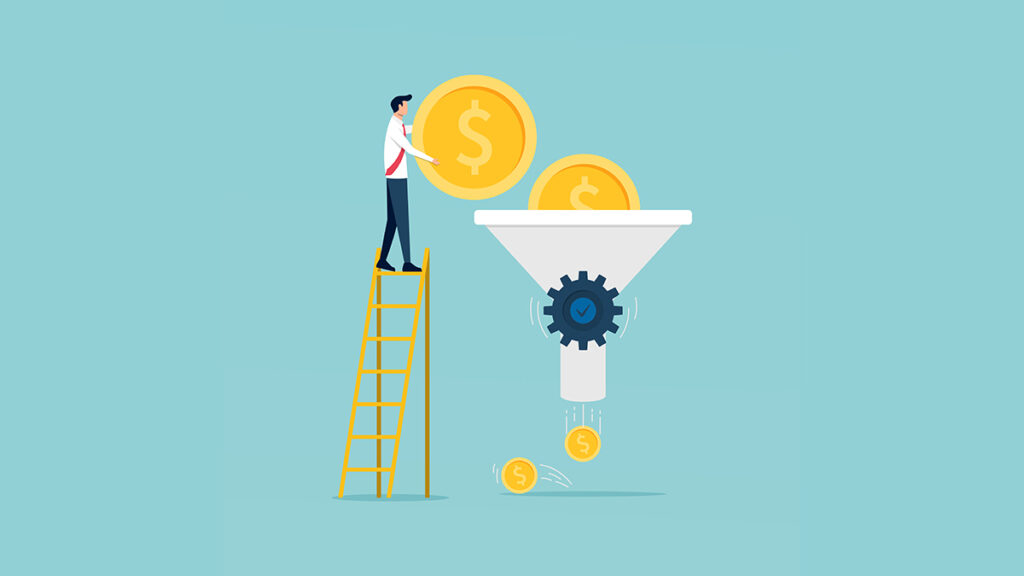
What is Personal Finance?
Personal finance is defined as “managing finances throughout your life.” “It entails grasping realities like how everyday spending impacts our accounts, the value of credit cards, and how shifting interest rates might make or break our portfolios,” to put it another way.
- On the other hand, the proper interpretation includes all of the elements and dimensions of managing money, including diverse techniques and risk status for various aspects of life and varying quantities.
These fundamental principles help paint a picture of a person’s financial stability and improve that solidity in the future.
Banking, budgeting, planning for retirement, healthcare and insurance, and estate planning are all parts of personal finance.
The phrase can describe the finance sector in a person’s life in detail. It encompasses all financial institutions that provide services to individuals.
- Personal finance is concerned with addressing the needs of an individual or a person, and it includes both long and short-term financial objectives.
- It consists of all personal finance, whether you have enough money to pay your essential monthly expenditures, or you wish to save for retirement.
- Being financially educated allows people to differentiate between financial choices that will benefit their financial future and those that will harm it.
- Having a financial plan will satisfy your short & long-term needs while staying within your income constraints.
The earlier a person begins to arrange their finances, the better. To guarantee that all of your assets, income, and expenses are taken into account, you can use cost-effective products like Personal Capital.

Why is Personal Finance Important?
It’s critical to become financially literate to earn the most of the income and savings. Financial literacy allows you to differentiate between excellent and poor economic and investment advice and make intelligent choices.
Because few colleges provide classes on money management, it’s critical to learn the fundamentals from free online articles, programs, blogs, podcasts, or the library.
- According to the American Psychological Association report, money is a significant source of stress for 64 percent of adults “Stress in America: A National Mental Health Crisis.”
Among the most significant considerations you can do to have a healthy, happy, and secure life is learn how to handle your money.
1. Disciplined saving is one of the most crucial lessons in personal finance.
It’s all about building a regular saving habit, regardless of whether you earn more or less money each month.
Knowing the value of having an emergency reserve and expanding your money might make all the difference between being in debt and being prosperous.
2. If you’ve ever been poor, you probably have a bad attitude about money.
You’re most likely replicating the same money blunders your parents taught you if you didn’t have great role models when it came to money.
3. Knowledge is a powerful tool.
Money management knowledge leads to sound financial judgments. For example, if you understand how credit scores work and keep a high score, you’ll have a more straightforward way of qualifying for loans and getting leases or mortgages approved than someone who doesn’t.
- Personal finance is crucial since it allows you to maintain financial security.
- If you don’t budget for your income, you’ll finish overspending or buying things you don’t need.
- You will adequately manage your payment if you have a sound financial plan.
In a manner, you’ll only spend what’s essential while saving or investing the remainder.
Knowing how to manage your money will assist you in determining which costs to address first and which to address later. You’ll also be able to estimate how much money you’ll need for tax payments, savings, or to pay your monthly obligations.
4. Personal finance is also essential because it can assist you in increasing your cash flow.
You may quickly enhance your cash flows by keeping your expenses and spending patterns.
Things that assist you in increasing your cash flow involve:
- Planning for taxes,
- cautious financial management and
- Budgeting with care
All of this will help you avoid wasting your hard-earned money on unneeded expenses. As a result, establishing a personal financial plan is critical for staying on track financially.
- Most people desire financial security for themselves and their families.
Whether the economy is doing well or not, everyone needs to know how to meet their family’s financial needs. Nobody likes to think of their families ailing because of a lack of funds, primarily when they cannot assist.
- As a result, everyone strives to ensure that they earn the money to provide them with a sense of security.
It would help if you planned for your finances to achieve financial freedom and stability. It helps to provide peace of mind for you and your family if you have a suitable insurance policy, have invested, and save properly.
5. Having a couple of debts isn’t a big deal. On the other hand, being too in debt is risky for your future finances.
It’s essential to be able to handle debts in such a way that your future financial stability is not jeopardized.
- If you want to increase your money fast, you must handle your debts. It’s why personal finance is so important in ensuring this occurs.
Avoiding excessive spending or consuming more than you earn is one strategy to stay out of debt.
For many people, possessing assets rather than relying on purchases from others as a type of financial buffer is always a goal. On the other hand, many assets will be accompanied by some liabilities.
6. It emphasizes the need to understand your money thoroughly. A person needs to calculate the actual value of an asset.
Understanding your finances, which is only achievable through personal finance, is the only way to know how to annul or settle liabilities.
- You will be able to build your assets while remaining confident that they will not become a financial burden in the end.
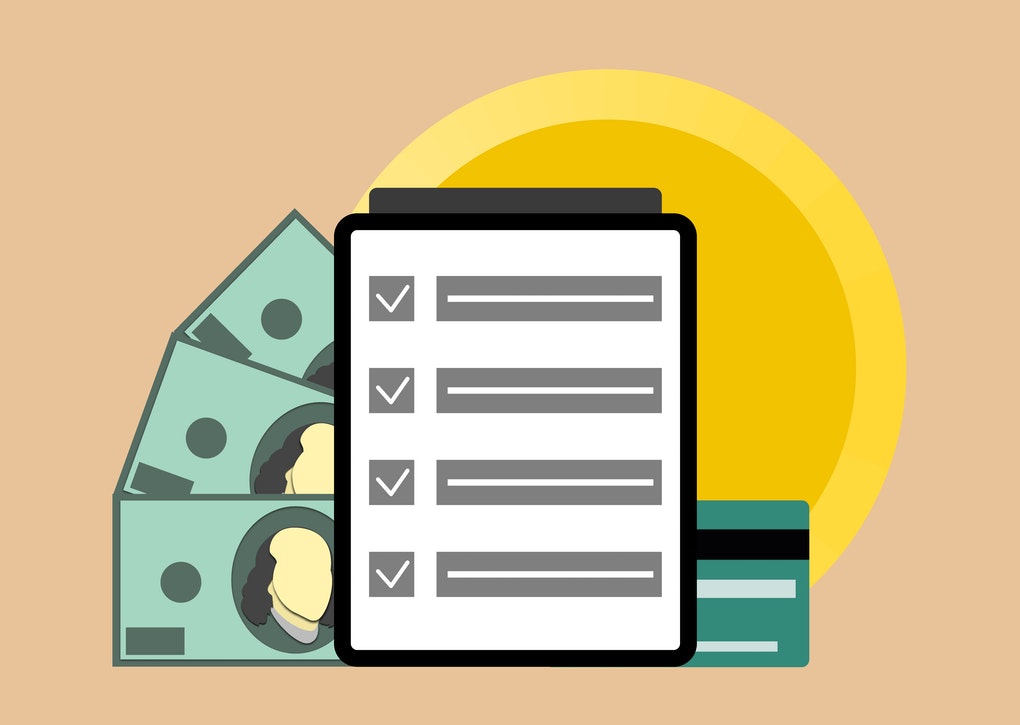
Which Financial Goals and Objective to Set for Starters?
1. Making a monthly spending plan
Online banking makes the management of family finances more manageable than ever.
- It might seem like a simple goal, but the first step in getting control of your finances is writing out a spending plan each month.
- If you write your budget each month and put the money you earn in a specific place, you will improve your finances.
Writing your budget and focusing on where you spend your money helps get a better handle on where you are at the end of each month.
2. Write down whatever penny you spend.
It is a great habit. However, it’s not easy. In the first month, you must physically write down each purchase you make in a diary to carry it with you everywhere. You are more aware of what you’re spending when you physically write it down.
- You must consider moving to some app to track your spending as time goes on, and you get more comfortable with the process.
Many budgeting apps let you enter each transaction as and when you make it. You can record it in the account to recognize your budgeting weaknesses and stick to your budget.
3. Sticking to your monthly budget
You can reach your financial goals if you follow your budget diligently. It is a challenging goal, but you should be able to stick to your budget when you carefully set it up and track it.
- As a rule, you must always spend lesser than you earn and put the extra money into savings.
4. Paying off debt
Make particular goals on how much debt you want to get rid of this year. If possible, you must try to get out of debt completely. However, you may not do that as it depends on your income and current debt.
- Set a goal and calculate how much debt you want to pay off this year.
Then figure out how much money you’ll need to put toward paying that debt each month. You can quickly pay off your debt if you follow a debt payment plan.
4. Don’t keep adding more debt.
It is a necessary step if you want to get out of debt. It would be best to stop using your credit cards and start paying in cash to accomplish this. You will have to commit not borrowing money, and then you may plan for significant purchases and make a dent in the amount of debt you possess.
5. Saving up for an emergency fund
The amount of emergency funds depends on your present situation.
- You should have a smaller emergency fund until you pay off your debt if you are still getting out of debt.
- If you are the primary breadwinner for your family, or your job is more volatile, you must aim at saving up at least three to six months of living expenses in your emergency fund.
- It will help you cover extreme emergencies without accumulating more debt.
6. Begin saving for retirement
You must contribute the amount that the company will match until you are out of debt if you have a full-time job.
- It would be best to contribute 15 percent of your income once you are out of debt.
- It will let you start building your retirement savings while freeing up some money to put into debt.
You must consider contributing to a Roth IRA or a traditional IRA instead if you do not qualify for a 401(k). This year you should do something to move forward in your career.
- Suppose you love your job, and you see yourself working there for the next ten years.
- In that case, you can still do something other than usual, improve your career stability, and plan the following steps, like applying for a promotion or continuing your education.
- If you are not happy with your present job, perhaps it’s time to look around for a better-paying and more fulfilling career.
7. Setting up a financial plan
A long-term financial plan addresses your finances from all perspectives. This plan must outline a timetable for purchasing a house, retiring, or going for any career changes.
- It should also include a plan to build wealth and an investing strategy.
A financial plan is more effective than just setting random financial goals without looking at the larger picture.
- This plan will help you make better financial decisions over the next few years and be one of the most beneficial things you have ever done for yourself.
Your dreams may differ and depend upon whether you are single or are married. However, it is essential to have a plan no matter your relationship status.
8. Multiply income and diversify investments
Many people always look for a way to save money and control expenses. They focus on how much money comes out of their wallets.
However, the real problem is that they don’t consider how much money comes into the equation. It would be best to look for investments that help you multiply your money.
- Begin now, even if you are new to investing. You do not have to be an expert or invest large amounts of money, but the point is to begin the process.
- It is time to take the next step and take a few risks if you have been investing for a long time.
Remember, you must go looking for other vehicles that leave you higher returns, and also, no investment is risk-free, but we have to be positive.
9. Determine what drives you.
When you establish huge goals, you have to change how you think, believe, and act. And this rewiring needs a great deal of practice and commitment. Our brains are tuned to a fear circuit, and as a result, we want to stay in our comfort zones.
- We are afraid of the unknown, so we become comfortable and tolerant of our current (not always optimal) circumstances. We’re creatures of habit, let’s face it.
So the topic of my subsequent inquiry to you is motivation. Do you have a strong enough reason to pursue your goal or dream?
Final Words!
Everyone comes from a unique set of values and a different background. With that in perspective, you have some control over your daily financial decisions.- At any level of wealth accumulation, you have the feeling that you have control, and the power to improve your financial condition may be highly beneficial.
- You’ll have a significant advantage if you’re willing to learn.
- You can overcome financial difficulties if you learn how to control your money. It is why it’s crucial to have a personal finance plan.
- You’ll be able to spot and seize opportunities. And being financially responsible might offer you a new sense of self-assurance.
- Personal finance skills are necessary as without them. People will spend their entire adult lives working for money and never advancing. It is why it’s crucial to have a personal finance plan.
- There is to know about money, and how to run your financial errands can lead to success.
- Rather than a scarcity perspective, adopting an abundance attitude might warn plenty to go around.
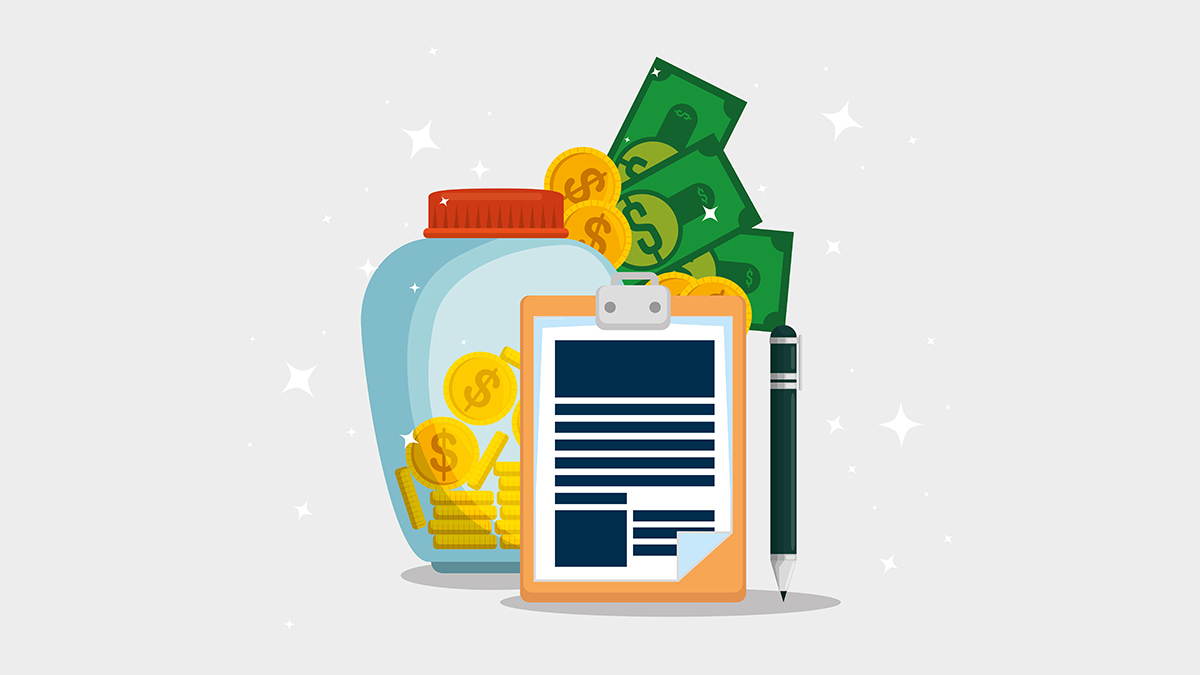
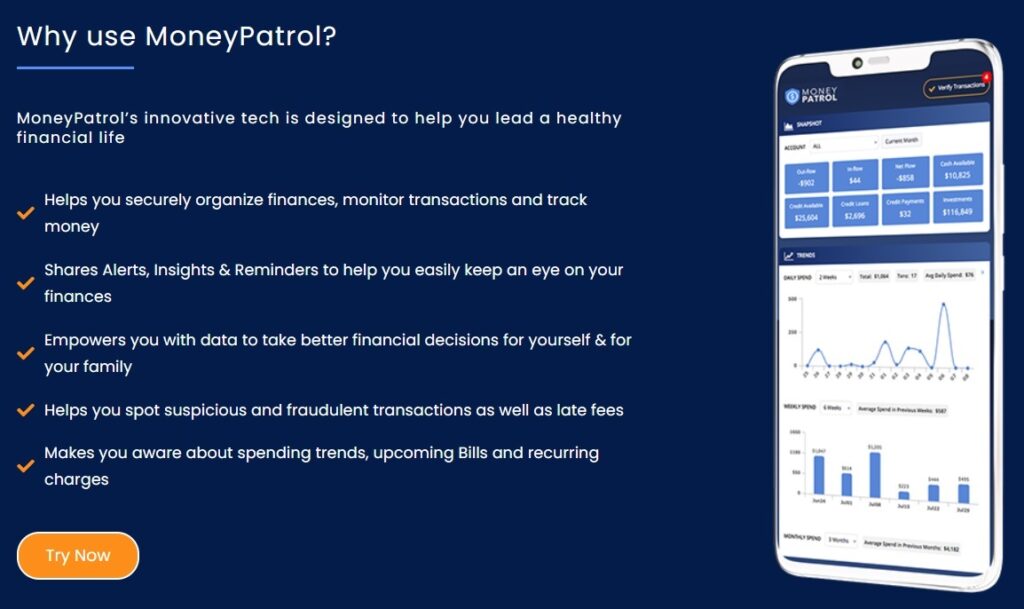

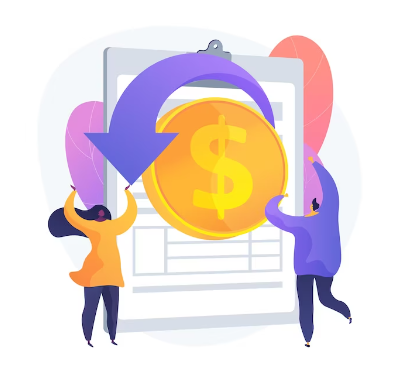
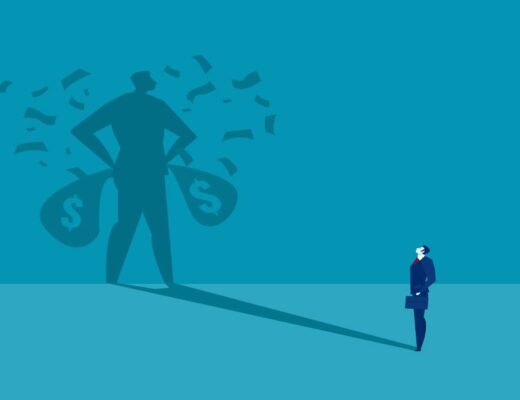

 Our users have reported an average of $5K+ positive impact on their personal finances
Our users have reported an average of $5K+ positive impact on their personal finances
